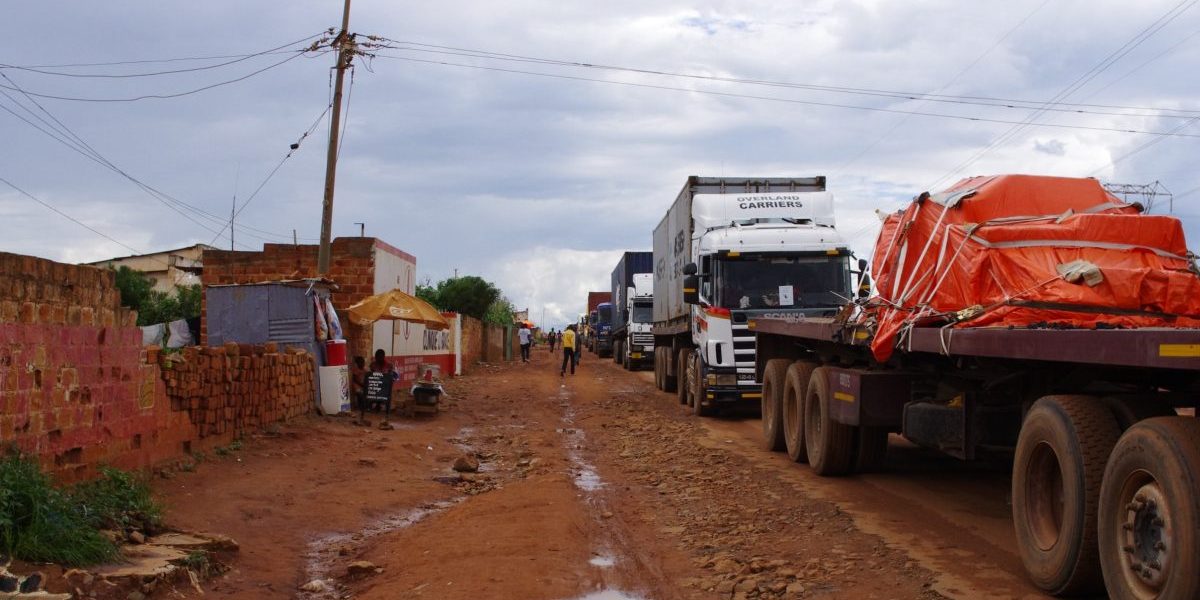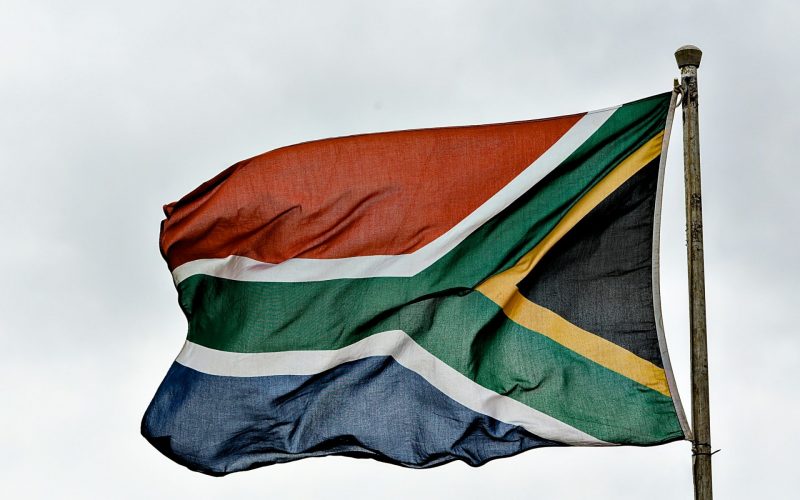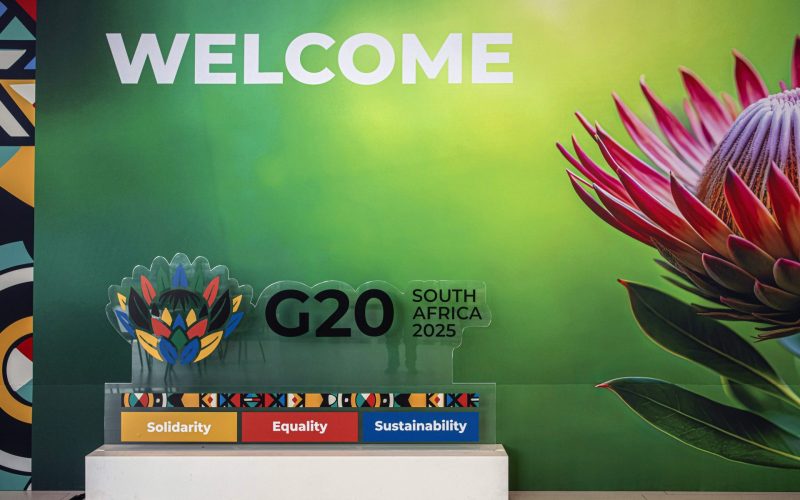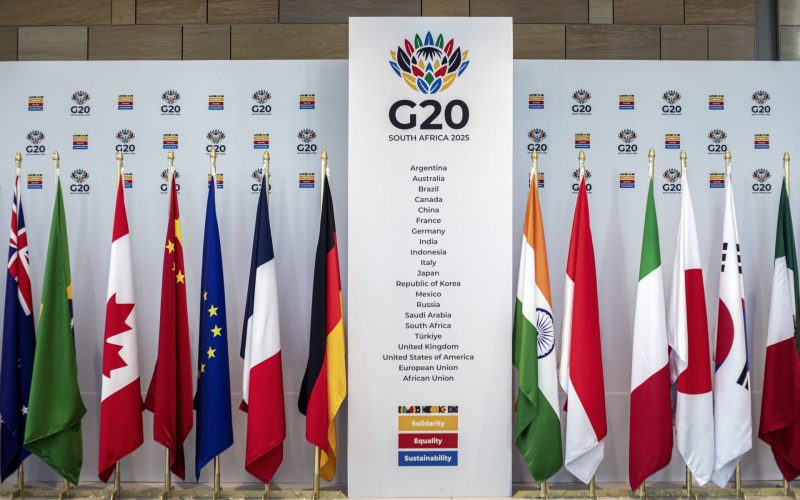This critical analysis provides insights into how policymakers can regulate and deal with the challenges of the emerging digital economy. Overall, digital policy directions in these two countries have much in common. While both countries already have core digital regulation and infrastructure in place, policymakers are working to refine policy to ensure that it fits with the changing needs of the digital economy and digitalisation. Both countries are moving beyond market-enabling policies to focus on a number of strategic areas through interventionist policies, rather than allowing a relatively passive diffusion of technology and knowledge. Not all of these initiatives have been effective and some carry costs, but in certain areas they have been associated with more vibrant local sectors that are helping increase local economic value added.








